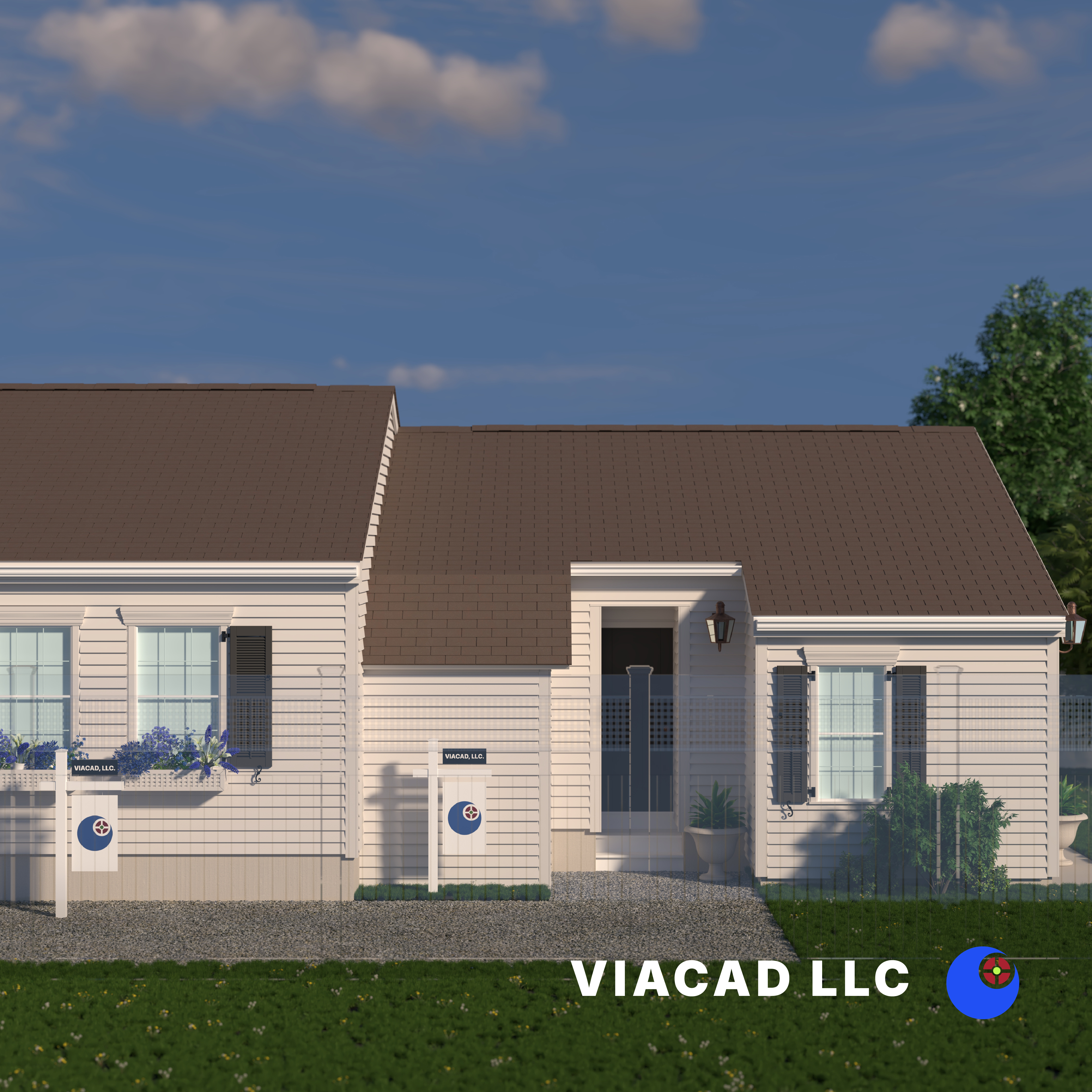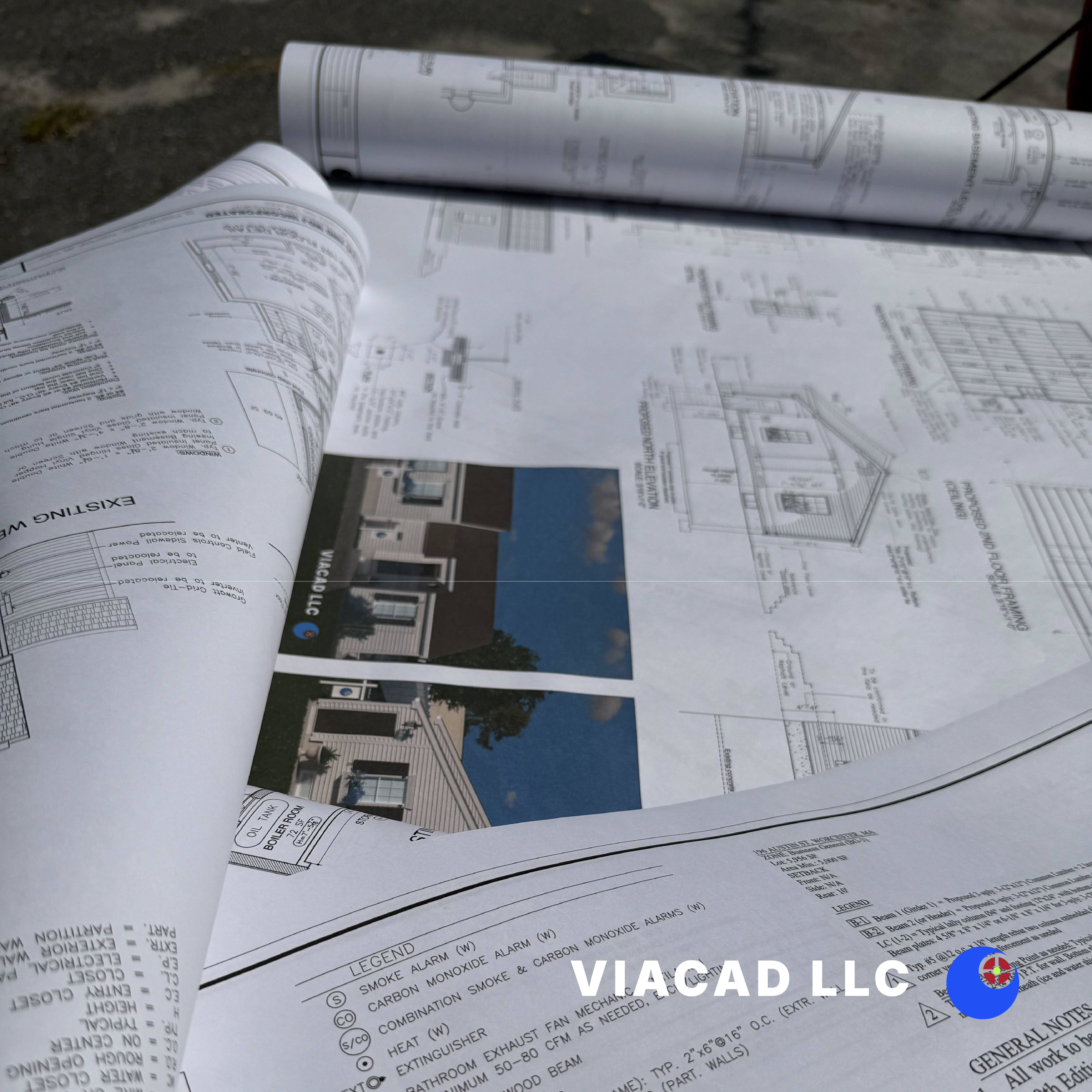
As families grow and lifestyle needs evolve, many homeowners in Massachusetts find themselves craving more space without the hassle of relocating. Back house room additions offer a smart and practical solution, allowing you to expand your living space while keeping the comfort and familiarity of your existing home. Whether you’re working from home more often, welcoming aging parents, or simply need a dedicated space for entertaining guests, a thoughtfully designed room addition can significantly enhance your property’s functionality and value.
This comprehensive guide will walk you through everything you need to know about house room additions in Massachusetts, from initial planning and design considerations to cost breakdowns and contractor selection. You’ll explore the various types of additions available, understand the permitting process specific to our region, and learn how to maximize your return on investment all while creating the perfect addition tailored to your family’s needs. (And hey, just so you know, we prepare the construction drawings for you)
A back house room addition is a permanent extension built at the rear of your existing home, designed to add square footage and improve your home’s usability. Unlike temporary structures or simple outdoor living space upgrades, these additions become integral parts of your home, complete with proper foundations, utilities, and climate control systems.
In Massachusetts, these projects often require careful adherence to local building codes and zoning laws, which can vary by municipality. When done right, back house room additions typically increase property value by 10-20%, making them a significant investment that benefits both your daily living and future resale potential. Many families in Central Massachusetts choose back house room additions because they provide the extra living space needed without the disruption and expense of moving.
Popular uses for back house room additions include creating a spacious family room for get-togethers, a quiet home office away from household distractions, a luxurious primary bedroom suite, expanded kitchen and dining areas, or an in law suite for multigenerational living. The flexibility of these additions means you can design your new space to perfectly align with your family’s unique lifestyle.
The average cost for most room additions in Massachusetts ranges between $50,000 and $150,000, depending on size, complexity, and finish quality. Basic single-room additions tend to be more affordable, while multi-room projects with upscale finishes may exceed $200,000. Construction costs reflect local labor rates, materials, and the specific features you select.
Typical timelines for completion range from 3 to 6 months, including permit approvals and construction. Simpler projects like a kitchen bump or small home office often finish within 2-3 months, while complex multi-story additions or those involving extensive utility work may take 6-9 months.
Understanding the different types of house room additions available in Massachusetts helps you choose the best fit for your family’s needs and budget. Each option carries its own benefits, influencing construction costs and long-term value.
Single-room additions are the simplest way to add living space. Usually between 200-400 square feet, these can serve as bedrooms, home offices, family rooms, or hobby spaces. They are often the most cost-effective way to add specific functionality without drastically changing your home’s footprint or character.
Kitchen bump-outs are smaller extensions, typically around 3x12 feet, designed to expand cooking and dining areas. These modest additions enhance your kitchen with more counter space, storage, or a cozy breakfast nook. Despite their size, kitchen bump-outs can significantly boost your home’s usability and value.
Master suite additions combine a spacious primary bedroom with a luxurious bathroom, usually adding 300-500 square feet. These often include walk-in closets, en-suite baths with separate shower and tub, and sometimes private outdoor access. Master suites are popular for creating a personal retreat within your home.
Two-story additions maximize space by building upward rather than taking up more yard area. The first floor might feature a great room or expanded kitchen, with bedrooms or a home theater above. This option suits families needing substantial extra space while preserving outdoor living areas.
Sunroom additions offer three-season rooms filled with natural light through large windows and skylights. These spaces serve as transitions between indoors and your Massachusetts garden, perfect for morning coffee or casual entertaining. Sunrooms generally cost less than fully conditioned spaces but add charm and appeal.
Successful room additions start with thorough planning that addresses both practical and regulatory factors. Careful preparation helps avoid costly mistakes and ensures your addition complements your home’s function and style.
Begin by reviewing your property’s setback requirements and zoning restrictions, which differ across Massachusetts towns. Understanding these local regulations early prevents costly redesigns and keeps your project on track.
Assess your family’s specific needs honestly. Do you need a quiet home office to support remote work? Would an accessible in law suite benefit aging parents? Is your current living room too small for entertaining? Clear goals help guide design choices and prevent over- or under-building.
Create a realistic budget including a 15-20% contingency for unexpected expenses, which are common in Massachusetts due to older homes revealing electrical, plumbing, or structural issues during construction. A financial buffer keeps your project moving smoothly.
Most back house room additions in Massachusetts require building permits, typically costing between $500 and $2,000 depending on project scope and municipality. The permitting process ensures your addition complies with local building codes and safety standards, protecting your family and investment.
Building Plans must be approved by local building departments before work begins. At VIACAD, LLC, we specialize in creating detailed building plans and blueprints tailored to Massachusetts regulations, helping set your project up for success. Our precise drawings empower you to obtain accurate contractor bids and confidently seek multiple estimates.
Electrical, plumbing, and HVAC work require separate permits and inspections. These systems must integrate seamlessly with your home’s existing infrastructure while meeting current codes. Massachusetts’ modern electrical requirements often mean adding outlets and circuits to avoid overloading older systems.
Foundation requirements depend on local soil and frost line depths. Some areas need deep footings to prevent frost heaving; others allow slab foundations.
Fire safety codes may require egress windows in bedroom additions to provide emergency exits. These windows are larger and more costly than standard ones, so planning for them early avoids surprises.

Match your existing rooflines and exterior materials to create a seamless transition between old and new construction. A harmonious design not only looks better but also boosts resale value.
Plan for ample natural light with well-placed windows and skylights suited to your addition’s purpose. A home office benefits from glare-free, consistent lighting, while family rooms prioritize views and outdoor connection. Natural light enhances both comfort and the feeling of spaciousness.
Ensure proper heating and cooling by extending your current HVAC system or adding supplemental climate control. Unconditioned spaces can be uncomfortable and inefficient. Work with HVAC professionals to assess your system’s capacity.
Consider how your addition affects existing room layouts and traffic flow. The best additions improve circulation and avoid awkward bottlenecks or dead ends. Think about how family members will move between new and existing spaces.
Include sufficient electrical outlets and modern wiring to support today’s technology needs. VIACAD, LLC also offers high-quality 3D renderings that allow you to visualize your project in detail, helping you understand and fall in love with your new space before construction begins.
Knowing the detailed costs involved helps you budget wisely and prioritize your investments. Construction expenses vary by location, materials, and complexity, but these estimates serve as a useful guide.
Foundation work generally costs $15-$30 per square foot for concrete slab or crawl space foundations. This critical base supports your entire addition, so quality is essential. Soil conditions and frost line depths influence pricing.
Framing and structural work range from $20-$40 per square foot, including lumber and labor. This phase builds your addition’s skeleton, ensuring strength and safety.
Roofing materials and installation cost about $8-$15 per square foot for asphalt shingles; premium options like metal or tile increase costs. Your new roof must integrate with the existing one to prevent leaks.
Electrical and plumbing rough-ins typically cost $2,000-$5,000 depending on complexity and distance from existing systems. Simple additions cost less; elaborate ones with multiple fixtures cost more.
Insulation, drywall, and interior finishes run $25-$50 per square foot, covering insulation, drywall, flooring, paint, trim, and basic fixtures.
Choosing simple rectangular floor plans rather than complex shapes reduce materials and labor. Rectangular designs are easier to build and integrate with existing systems.
Using standard window and door sizes to saves on materials and installation. Stock sizes are less expensive and widely available.
Selecting mid-range finishes and fixtures balance quality and cost.
Schedule construction during off-peak seasons for potential contractor discounts. Winter months often have lower demand but weather may limit some work.
Choosing the right contractor is crucial for a smooth, successful project. Look for those with experience in Massachusetts home additions and familiarity with local permits.
Verify licensing, insurance, and check references. VIACAD, LLC works closely with a plethora of local contractors and provides the detailed plans and renderings they need to deliver high-quality work on time and within budget.
Obtain at least three detailed bids including materials, labor, and timelines. Compare carefully and ask questions about discrepancies.
Visit completed projects if possible to assess workmanship and integration with existing homes.
Maintain clear communication with your contractor throughout the process to stay informed and address issues promptly.
Modern Massachusetts families have diverse needs that thoughtful additions can meet. These popular ideas show how to enhance your home’s value and function.
Great room additions create open-concept spaces combining living, dining, and kitchen areas, perfect for families who love spacious, flowing layouts.
Home office suites offer dedicated workspaces with built-in storage and sometimes separate entrances, supporting remote work lifestyles.
Guest bedroom additions provide private, comfortable spaces for visitors without disrupting daily life.
Exercise rooms give you a convenient home gym, saving on memberships and weather worries.
Craft or hobby rooms keep supplies organized and projects accessible without cluttering main living areas.
Flexible rooms that serve multiple functions maximize your investment. Offices that double as guest rooms with murphy beds, or bonus rooms over garages that evolve with your family’s needs, add lasting value.
Three-season rooms extend living space without the cost of full climate control, ideal for Massachusetts’ moderate seasons.
Combination mudroom and laundry spaces near back entrances help busy families stay organized.
Workshops that double as storage keep tools and seasonal items neatly stored.
Well-planned additions typically recoup 60-80% of their cost at resale, making them smart investments. Returns vary by local market, addition quality, and integration with your home.
Bedroom and bathroom additions usually offer the highest ROI by meeting essential buyer needs.
Quality construction and finishes that blend seamlessly with your home maximize value.
Oversized additions may not fully recoup costs if they exceed neighborhood norms.
Energy-efficient features and modern amenities appeal to today’s buyers, justifying higher prices and faster sales.
Consider your long-term plans. If you intend to stay for years, prioritize improvements that boost daily comfort over immediate resale value.
Remember, increased property value may mean higher property taxes, so factor this into your financial planning. The combination of enhanced living and increased equity often makes back house room additions a wise choice for Massachusetts families.
At VIACAD, LLC, we are proud to provide the highest quality building plans, detailed blueprints, and 3D renderings that set your back house room addition project up for affordable success while respecting local building codes and zoning regulations. Our expertise empowers you to navigate the process confidently and achieve the dream home you deserve.


Currently accepting projects in Massachusetts.